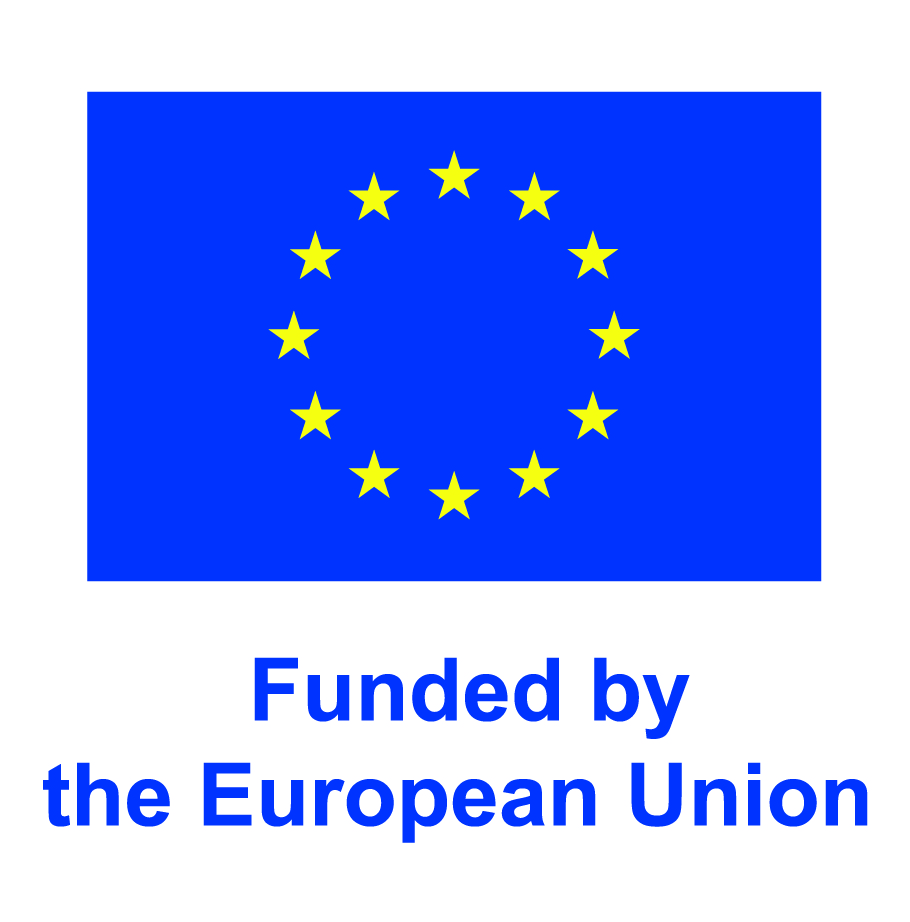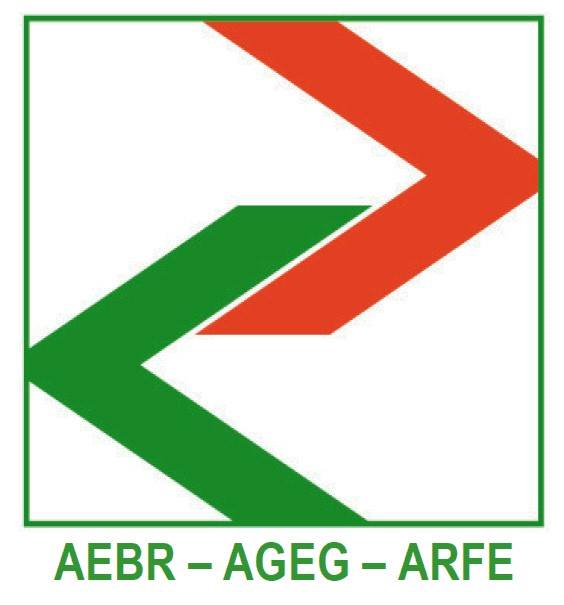
Did you know that the Balearic Islands in Spain, known mainly for their crystal-clear beaches and their summer parties, receive around sixteen million tourists ever year for a population of only one million inhabitants? The high level of touristic seasonality in the Balearic archipelago makes these flows even more striking since 75% of the visits happen during the three months of summer. Tourism is by far the main economic driver there and represents a major source of income for the local population, as it is the case for many Mediterranean islands, often labelled as Sea-Sun-Sand destinations. However, these flows of tourists in summer also exacerbate some of the most difficult challenges faced by these insular territories. Two obvious examples are the unsustainable pressures on natural resources and the creation of long seasonal unemployment period for a considerable part of these islands’ working force.
Additionally, the pandemic and its aftermaths have deeply impacted the industry, bringing forth some of the most critical shortcomings of a one-season tourism model.
The Interreg project WINTER MED has been precisely set to tackle these issues in insular and coastal territories with the development of a strategy to support tourism deseasonalisation based on a better and sustainable use of the cultural and natural assets. Launched before the pandemic, this project appears more relevant than ever to fasten the recovery of the sector and strengthen its resilience, but also to drive the sustainable transformation of this industry.

As an IVY volunteer at the Intermediterranean Commission of the Conference of Peripherical Maritime Regions (CPMR-IMC), I have had the opportunity to support this cooperation initiative between regions. Since the project was reaching its end, my support has mainly focused on sharing and capitalization on the results. I helped the team organized the final project and capitalization event together with READ S.A., the Greek partner from the South Aegean region. It took place in Rhodes Island on May 31st. Given the active participation of high-level speakers from the UNWTO and the European Commission in the Final Event and the riveting discussions about the project’s results that were triggered, the event was undoubtedly a great success.
The day after, a study visit was organized with all the project partners, a privileged moment to strengthen personal bonds and reinforce the sense of common belonging. Additionally, it was a unique occasion for me to see how the policy recommendations issued by the project have been materialised on the ground in the island.

Back in Barcelona, I participated during two days in the Second MED Sustainable Tourism Convention which gathered more than 150 representatives of public authorities, universities and organizations working on sustainable tourism from eleven Mediterranean countries. This was an outstanding opportunity to hear from high-Level speakers and experienced professionals, learn more about the challenges and solutions to climate change for the tourism sector and discuss with experts!
Two weeks later, I was heading to Rome for a series of events, related to the DestiMED PLUS project, that I helped co-organized as an Interreg volunteer at the CPMR-IMC. The ambition of the project is to make tourism and conservation departments of public authorities work closer together in order to create the enabling conditions for the development of sound ecotourism policies at the local, regional but also Mediterranean level. This new professional trip gave me the opportunity to discover during the weekend the Eternal City, its ruins, its palaces and of course its gastronomy. Two highly intensive days came just after with private meetings on the first day and the Policy Conference and the Final project Event on day two.

The organization of these events was as much instructive as it was enriching on a personal level. These last months, I have learnt a lot about transborder European cooperation and the management of projects. I also had the opportunity to connect with many sustainability-driven and inspirational persons from the Mediterranean tourism community, reinforcing both my understanding of the challenges and opportunities that arise from the tourism transition towards sustainability and my willingness to act accordingly. This kind of learning experience corresponds very well to what I was looking for when I became an Interreg Volunteer Youth and joined CPMR: learning by contributing to European Territorial Cooperation projects with the final aims of bringing closer people and building a more sustainable Europe.
– Eliott, IVY Project Partner at CPMR-Intermediterranean Commission, Barcelona


